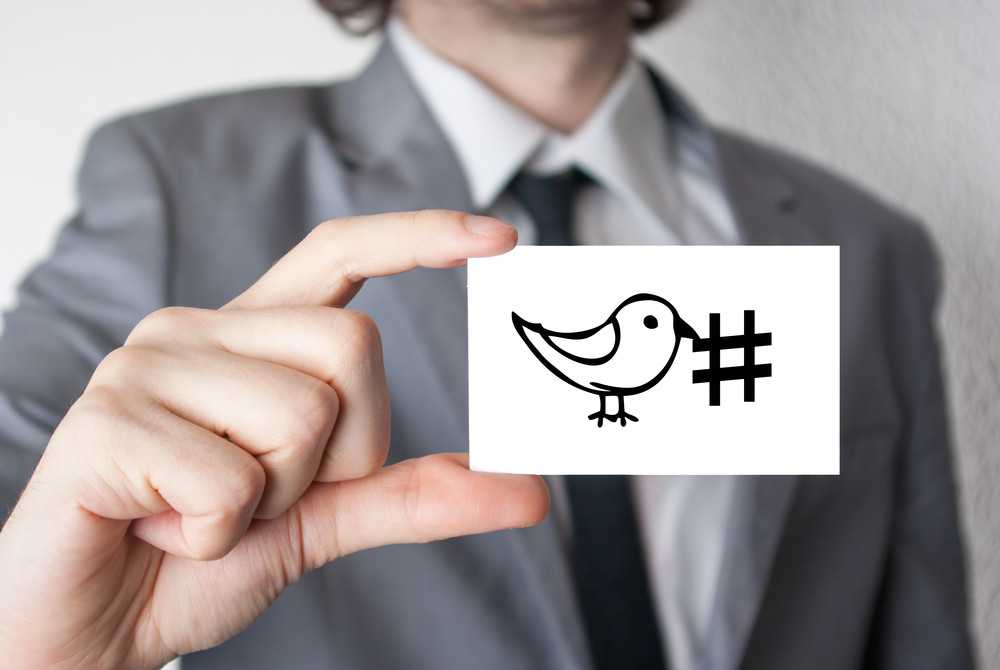Twitter allows Trump COVID-19 disinfectant videos, blocks '#InjectDisinfectant'
25 April, 2020

Twitter Inc said on Friday videos folks President Donald Trump suggesting that scientists investigate inserting light or disinfectant into coronavirus patients didn't violate its COVID-19 misinformation policy.
A Twitter spokeswoman told Reuters within an email that the business considered Trump's remarks a want a treatment for COVID-19, the respiratory disease due to the virus, rather than a literal call for folks to inject disinfectant.
The social media site later said it had blocked the trends "InjectDisinfectant" and "InjectingDisinfectant."
Twitter exploded with discussion of the president's comments, made at his daily media briefing on Thursday, with such trending conditions as "Lysol," "#disinfectant," "DontDrinkBleach" and "#InjectDisinfectant."
The company previously said it had been prioritizing removing COVID-19 misinformation that may cause harm but wouldn't normally act on every tweet containing incomplete or disputed information regarding the disease.
The site's COVID-19 misinformation policy states its definition of harm includes content that goes against guidance from authoritative sources of public health information.
After Trump spoke, doctors and health authorities urged people never to drink or inject cleaning agents. Lysol and Dettol maker Reckitt Benckiser warned against internal utilization of disinfectants, saying it turned out asked about it because of recent speculation and social media activity.
Trump on Friday sought to portray his comments as sarcasm. The White House early in the day said Trump's remarks have been removed from context and urged persons to get coronavirus treatment only after conferring with their doctors.
Twitter's policy also says it bans descriptions of purported cures for COVID-19 that are ineffective or being distributed to the intent to mislead others, regardless if made in jest.
A Reuters Twitter search turned up several tweets mocking Trump's recommendations by repeating exaggerated versions of them, a few of which Twitter said it could leave up.
"Tweets that are obviously satirical in nature, or that discuss or report on timely issues about #COVID19 without calls to action generally do not break our rules," the company wrote on the official Twitter handle.
But a tale meme having said that "Do not forget to drink your daily dose of bleach as advised by President Trump" was removed by Twitter in response to questions from Reuters.
Trump, who has a lot more than 73 million followers on Twitter, has long complained without offering evidence that social media companies including Twitter employ tactics to silence conservative voices - accusations the companies deny.
YouTube's policy
A spokesman for YouTube, the video service of Google parent company Alphabet Inc, said the website does not allow content promoting dangerous remedies or cures, irrespective of who expresses it.
After questions from Reuters on whether YouTube policies allowed for various videos, including a video of Trump's briefing, a video parodying the president's remarks and a video making the case for his suggestion named "Trump Is Hardly Wrong in Speculating About Light Therapy and Injected Disinfectant," YouTube removed the last video.
Facebook Inc didn't immediately react to questions about its handling of clips of Trump's remarks or the discussions on the sites.
Social media sites have already been under great pressure to police health misinformation promoting the utilization of disinfectants like bleach to cure various problems, spread online by conspiracy theorists or in anti-vaccine and fringe alternative-medicine communities.
In a livestream on Friday, Facebook CEO Mark Zuckerberg cited the false proven fact that drinking bleach could help cure coronavirus infection for example of the sort of misinformation that the website would remove because it could result in physical harm.
The Environmental Protection Agency on Thursday said it had warned Facebook and seven other tech companies that their platforms were being used to advertise disinfectants falsely claiming to safeguard against the coronavirus.
Source: www.thejakartapost.com
